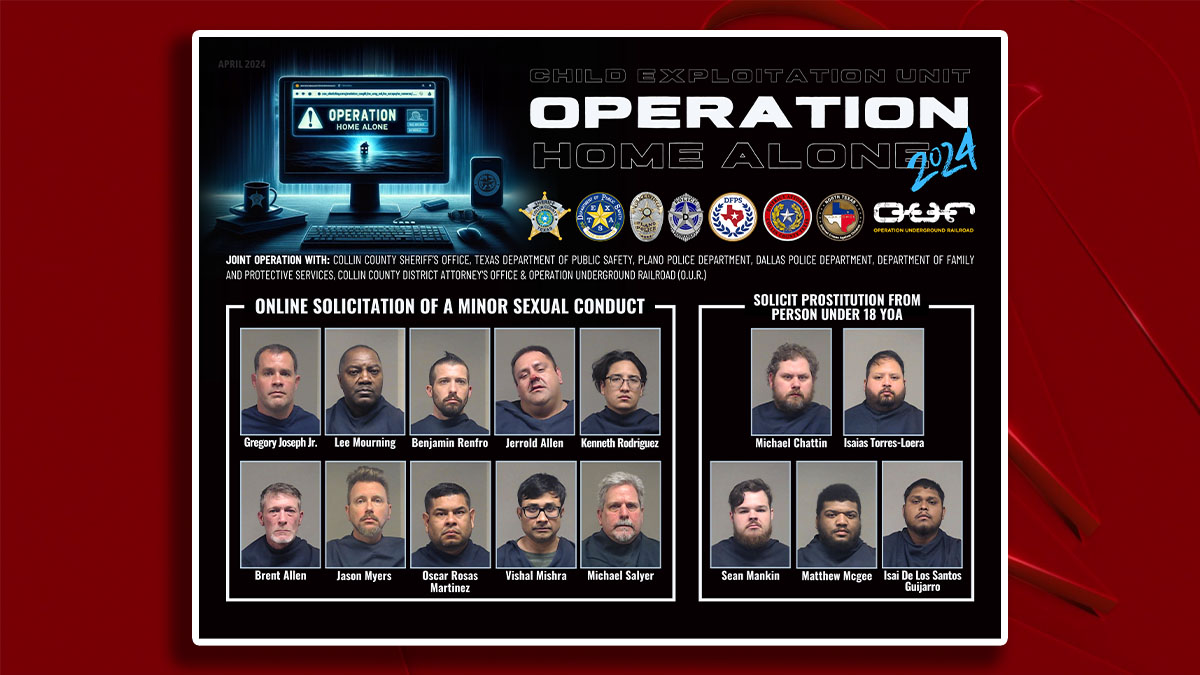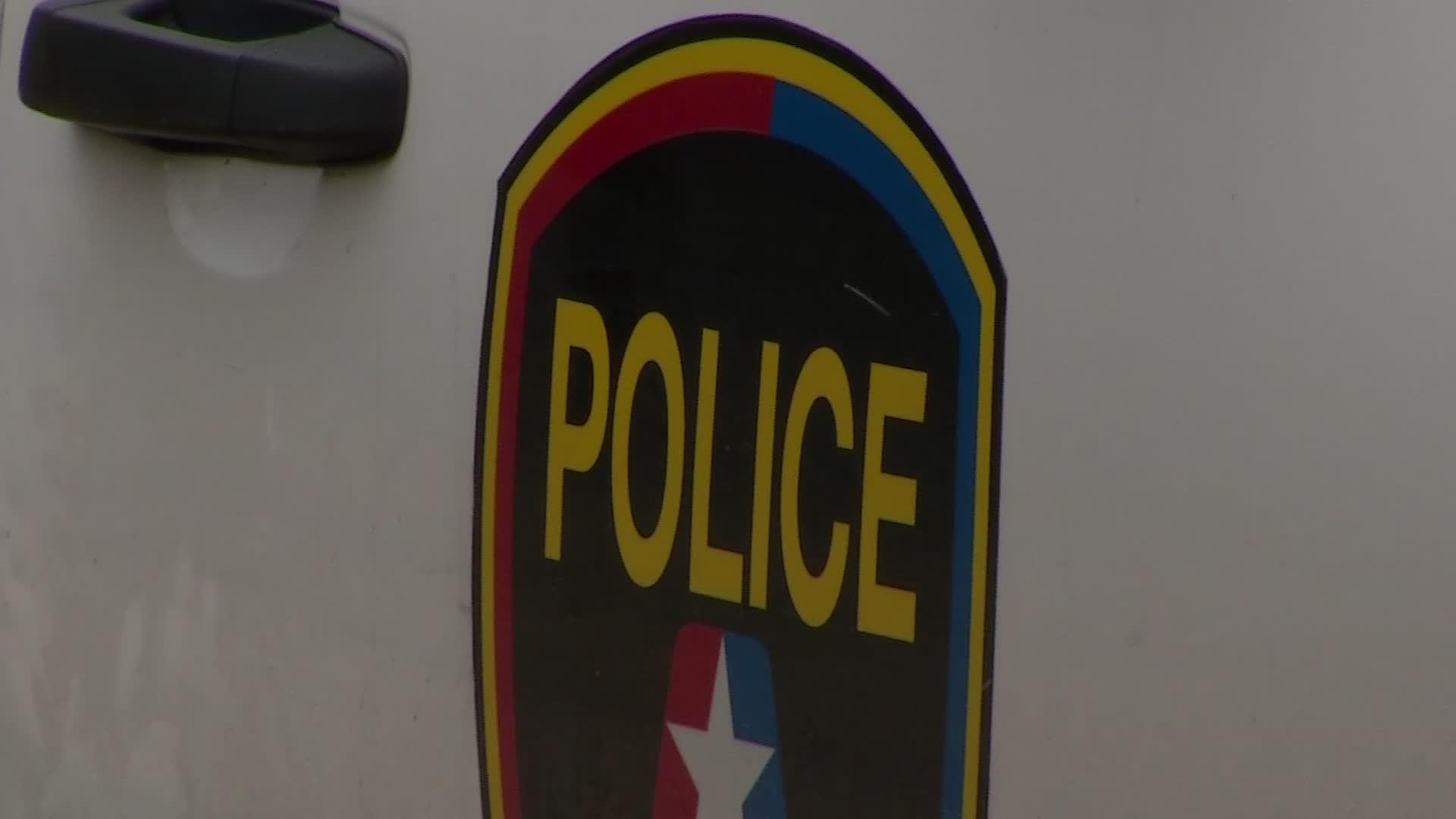Last week, as most parents were sending their kids back to school, Kristie Reeves-Cavaliero, of Austin, scrolled through the Facebook photos of her friends, flipping through pictures of cute kids clutching new lunchboxes and backpacks.
For Cavaliero, it is times like these that can be the hardest.
Her daughter, Sophia Rayne Cavaliero — or Ray Ray, as they always called her — would have been 5-years-old this year and starting kindergarten. She died just 10 days after her first birthday, the victim of a tragic accident.
It had been a busy morning. Cavaliero, her husband and daughter awoke late and were rushing to get out the door.
Her husband was to drop Ray Ray off that day, and the child fell asleep in the back seat of the truck.
At the bottom of the hill, where he should have taken a left and headed to day care, Cavaliero's husband instead took a right and headed to work.
It is a moment they have replayed over and over in their minds.
"He could not see her, and he could also not hear her," said Cavaliero. "So by the time he got to his office he didn't even recognize that she was still in the truck."
When they found Ray Ray three hours later, she had already passed away.
Local
The latest news from around North Texas.
The Cavalieros had tried for a long time to have a baby.
"She was a very much a wanted child," said Cavaliero. "That's why it was just so devastating to us. My husband, especially, worshipped this child."
They did all the right things. They childproofed the house. They had their car seat installed appropriately. They took parenting classes.
"We just had no idea that this could even be a possibility," said Cavaliero. "And it happened to us."
It was in the dark hours in the days after Ray Ray's death, when Cavaliero was sick with grief and couldn't sleep, that she discovered something. After spending hours on the Internet researching hot car deaths, she noticed, "case after case sounded almost exactly like ours. Hauntingly like ours."
According to researcher Jan Null, with San Jose State University, more than half of children who die in hot cars are forgotten by their caregivers. Most of the victims are less than 3-years-old.
Null said Texas leads the nation in the number of deaths of children in hot cars since 1998. That's when children were first required to be seated in the back seat and vehicular heatstroke deaths began to spike.
It's stories like the Cavalieros' that prompted Texas lawmakers to take action, and HB2574 was signed into law. Starting Tuesday, in addition to providing new parents with information about dangers like sudden infant death syndrome, hospitals will also be required to tell them about vehicular heatstroke.
Baylor Scott & White Medical Center at Irving already has a program in place. It was inspired by nurses five years ago.
"They had seen some of these events and the news, and they thought, 'What could we do to teach our parents or to prevent this?'" said Anne Tudhope, director of women and infant services at Baylor Irving.
The nurses came up with a bear key chain that stays in your car. When you drive, the bear stays on your key chain. Then, when you take your kids out of the car, you attach the bear to the seat. That way, if you are walking out of the car and you notice the bear still on your key chain, it will remind you to check the back seat.
There are other ways to do something similar. Putting something like a wallet or your cellphone next to a child's car seat can be a reminder. Even a parent's shoe would work. Experts suggest each parent texting the other after day care drop-off. Or have your day care call you if there is a sudden unexplained absence.
There are also gadgets on the market, such as Bee Alert. It attaches to the inside of your car door, and when the door is opened, the alarm reminds parents to check their car seat. It's about $20.
Free apps that you can install on your phone can also help.
As for Cavaliero, she and her husband now have twin daughters who are 3-years-old. She keeps the last toy that Ray Ray played with next to her seat belt as a reminder to check the back seat whenever she's driving with her girls.
Cavaliero worked tirelessly to help get the new law passed and educate parents through a nonprofit called "Ray Ray's Pledge."
"We made a commitment to her that we would do everything we could that other children did not suffer the same fate as hers," Cavaliero said.



